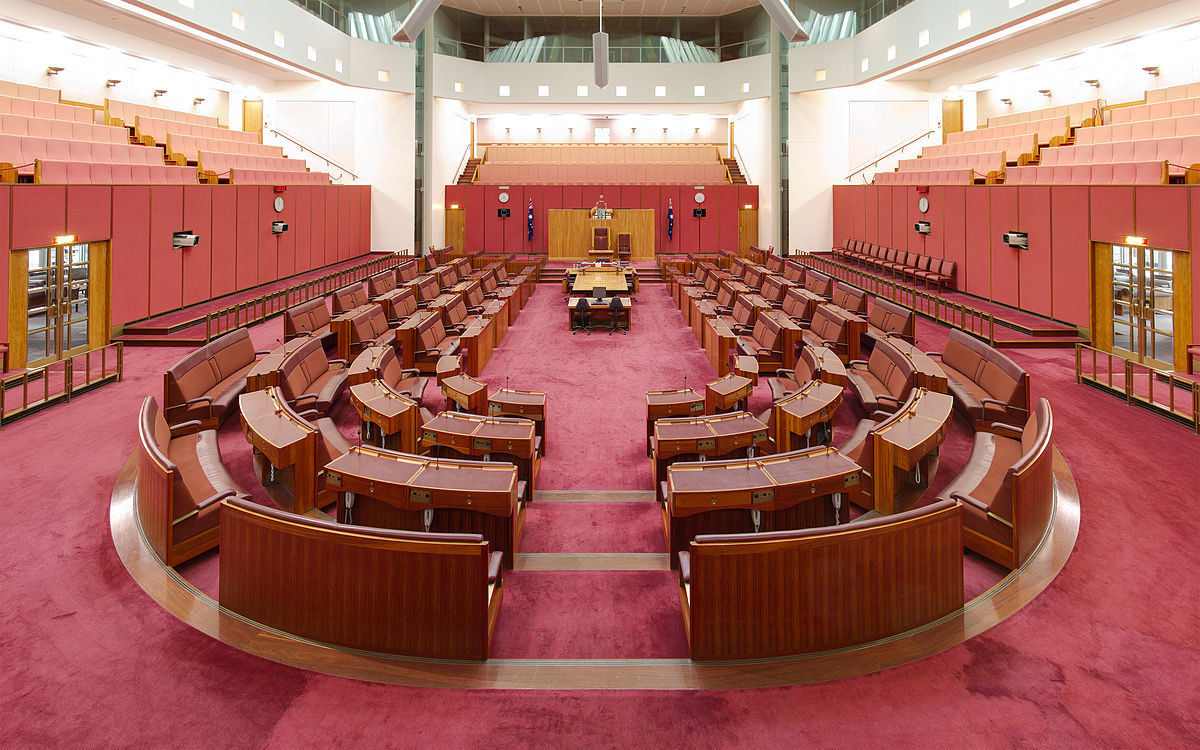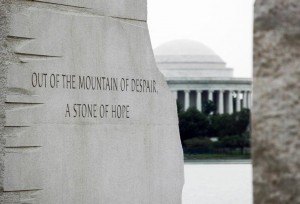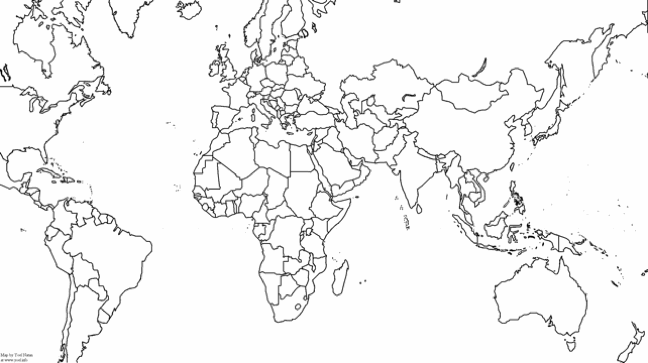-
How old is the idea of abolishing foreignness?
Today it is entirely natural to think that every person in the world is endowed with certain rights, ones that transcend foreignness and apply absolutely universally. We call these “human rights,” and we take them entirely for granted: We believe earnestly that everyone is indiscriminately entitled to them at birth, that we must safeguard them at almost all costs, and that anyone who violates them must be put to justice. Such a line of thinking is so dominant—perhaps even culturally hegemonic, though in a good way, if that is possible—that we may even tend to assume that this has always been true, that is, everyone has always had such rights,…
-
Is ethnic nationalism a surrogate religion?
The notion of foreignness relies on a separation of ‘us’ and ‘them,’ and today’s world, it is often ethnicity and nation—two terms that are related but not necessarily coterminous—that create that us-them dichotomy. It is crucial to realize, however, that the ideas of ethnicity and nation are hardly timeless. We tend to cherish our so-called ethnic or national identities as if they are embedded in our DNA, and while there is of course nothing necessarily wrong about doing so, it is also essential to bear in mind that far from being natural, ethnic or national identities are socially constructed—and, what’s more, only socially constructed very recently. In order to understand…
-
Viewing Libya through a different lens
An inevitably recurring theme in discussions of foreignness is the disjunction between our increasingly globalized world and global systems that limit and misrepresent that globalization. We have found this tension in economics this month: the European Union’s ongoing economic struggles and this month’s financial roller coaster, triggered by the U.S. debt crisis, are both symptoms of global society haltingly coming to terms with an interconnectedness unprecedented in history. And, perhaps equally poignantly, we have found it in politics: global reactions to turmoil in Libya signal uneasiness and uncertainty in our collective understanding of the extent to which global society should intervene in the affairs of a sovereign state. When revolution…
-
Tragedy
It is one of the saddest realities of our modern world that prejudice and hate often rear their ugly heads through acts of gross violence. Yet that is precisely what happened this month. Unfathomable bigotry took the lives of 77 innocent men, women, and youth in Norway. To dwell excessively here on the evil ideology that precipitated this tragic event would be to give undue attention to the deluded ideas of a shameless man who has, according to many accounts, perpetrated this evil for the explicit purpose of advertising his shocking racism. We cannot play into his scheme. So even as we peremptorily reject and condemn the violence and its…
-
An environment without foreignness
We know better than to leave the water running as we brush our teeth. We understand the importance of switching off the light before we leave the room. And we appreciate the reasons behind separate waste bins for plastics, metals, and burnables. Although there of course remains ample room for improvement and growth, societies throughout the world today have begun to recognize the dire threat that excessive consumption, rampant wastefulness, and climate change in general pose to our global neighbourhood, and we have come see the significance of small individual efforts in working to create a more sustainable future. Yet perhaps lurking beneath our noble consciousness of the need to…
-
Imagined foreignness
In our modern world, it is often the nation-state that acts as the locus from which conceptions of foreignness arise. It is to one (or more) of the 190-plus countries into which the globe has been carved up that we claim allegiance and tie our identities. Our passports, legal documents that represent our affiliation with a certain political establishment, act as reifications of our sense of belonging. We interpret the question “Where are you from?” as “Which country are you from?”, and we respond accordingly. And then, just as we use the country to which we belong as a means of identifying with people of the same nationality, we also…
-
Foreignness: a primary problem
Image from freefoto.com One of the obstacles we face as a global society working to abolish foreignness is the perception of foreignness as only an ancillary problem, or a problem that is secondary to more critical and pressing global issues. Rather than deal with the question of the abolition of foreignness head-on, we seek to address the problem through proxies, hoping prejudice and hate and bias will simply go away if we first address the more material problems that supposedly underlie them. If we only do away with educational inequalities inner city schools, one argument might go, then racial tensions will be resolved. If we seek to address climate…
-
Can we be foreign to our own selves?
It is a question with which we are forced to grapple these days. As shocking natural disasters rock the world, we look to each other, but we also look to ourselves, suddenly finding in our own lives transience and fragility. We consider anew what matters and what does not matter. We ponder and we question and we ponder some more, hoping for answers but wondering where they are within our own selves. And we wonder how well we even know ourselves. Of course, the question of who we are as individuals is hardly a recent one in our collective consciousness. Self-discovery is and always has been a recurring theme in…
-
Tragedy knows no foreignness
Sometimes it is tragedy that reminds us of the most fundamental human truths. Last week, the world community witnessed the devastation that came upon Christchurch. Nations across the world now hope for and contribute to a swift process of rebuilding and rehabilitation, and they join New Zealand in mourning the victims of this terrible disaster that shook the nation. And of those countries feeling the pain of the Christchurch earthquake, Japan in particular mourns deeply. Among the 100-plus victims still buried under the rubble of the collapsed CTV building in downtown Christchurch are more than twenty Japanese exchange students who were studying English in New Zealand. Their status, along with…



























